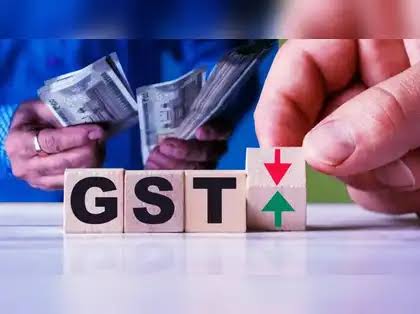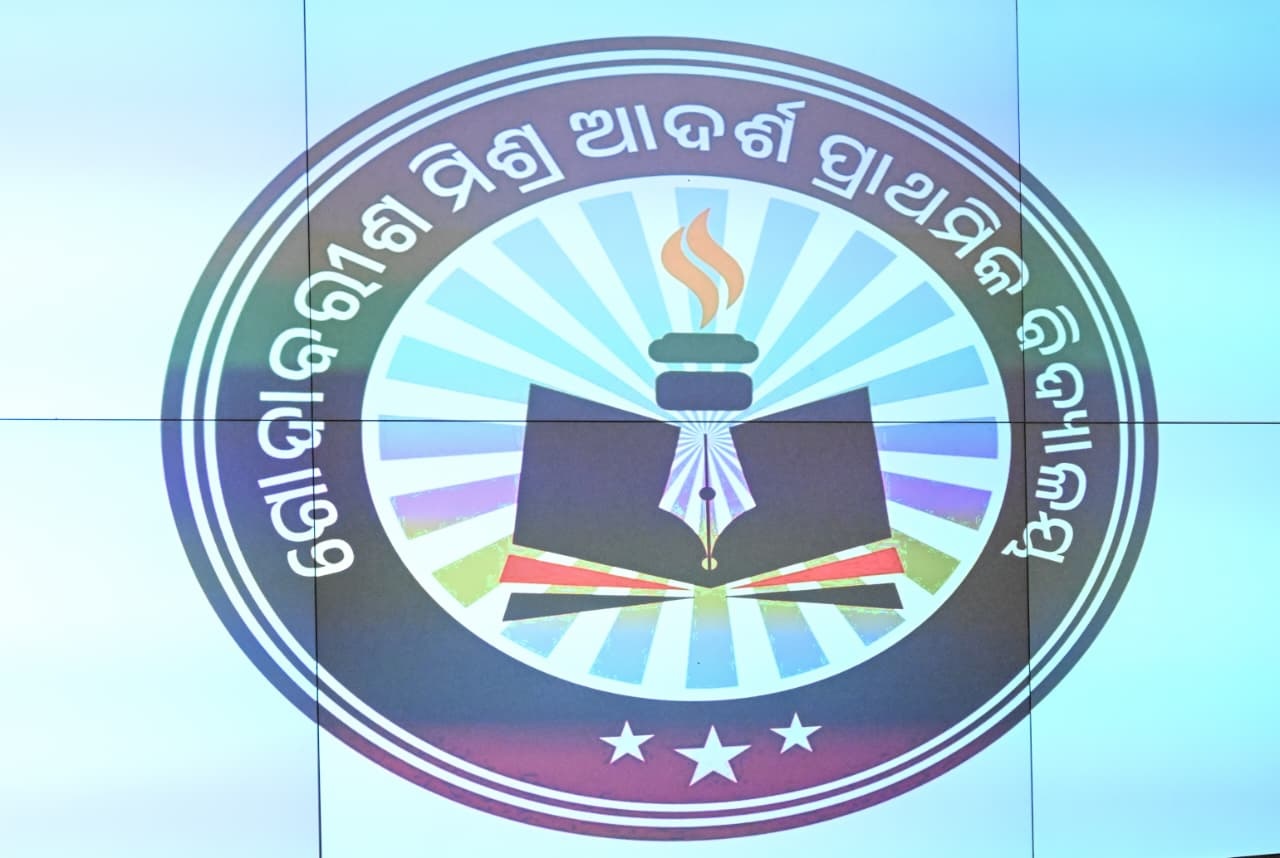Proposed Two-Slab GST May Cost Odisha ₹1,000 Crore Monthly

State stares at major revenue loss as GST Council prepares for September meeting
Bhubaneswar: Odisha could lose up to ₹1,000 crore every month if the Goods and Services Tax (GST) Council implements the proposed two-slab tax system in place of the current four-tier structure. The Council is set to meet on September 3 and 4 to decide on the reform, which is being pushed as a measure to simplify India’s indirect tax framework.
While the idea of merging slabs is being welcomed for its simplicity, experts warn that the reform could leave states like Odisha with serious fiscal challenges, unless a strong compensation mechanism is put in place.
At present, Odisha collects around ₹5,000 crore in GST revenue every month, which forms one of its biggest sources of income to fund welfare, healthcare, infrastructure, and development schemes. According to preliminary calculations, the proposed two-slab system could reduce these revenues by nearly 20 percent, bringing collections down by ₹1,000 crore each month.
“This shortfall is not just a number; it could directly affect the state’s ability to invest in welfare programmes, education, health, and rural employment,” said a senior finance official.
Chief Minister Mohan Charan Majhi, speaking at the Developed Odisha 2026 conclave last week, said that lower GST rates could boost consumer affordability, encourage manufacturing, and generate jobs. However, he avoided commenting on whether Odisha would press for compensation from the Centre to cover the anticipated losses.
Odisha has been a major beneficiary of GST compensation since the system was introduced in July 2017, replacing 17 different indirect taxes. Between 2017–18 and 2022–23, Odisha received nearly ₹16,165 crore in compensation, including ₹5,332 crore in 2019–20 alone. For the current financial year 2025–26, the state expects around ₹3,000 crore in compensation.
However, the experience has been inconsistent. In 2021–22 and 2022–23, the Centre did not release any compensation to Odisha, leaving the state to struggle with its budgetary planning. This history has made Odisha wary of the Centre’s assurances in the upcoming reform.
It is not just Odisha. Finance ministers from eight opposition-ruled states — including Karnataka, Kerala, Tamil Nadu, West Bengal, Punjab, Jharkhand, Telangana, and Himachal Pradesh — have already announced that they will raise strong objections at the September meeting.
Their concern is that while simplification may encourage compliance and broaden the tax base over time, the immediate shock of reduced revenues could destabilise state finances. Without a clear compensation policy, states fear they will be forced to cut development spending or increase borrowings.
For Odisha, the risk of a ₹1,000 crore monthly revenue loss comes at a time when the state is scaling up its industrialisation drive, investing heavily in infrastructure, welfare schemes, and employment generation projects.
Economists warn that such a hit could derail flagship programmes like:
* Biju Swasthya Kalyan Yojana (healthcare)
* Rural housing schemes
* Irrigation and farmer support projects
* Skill development and employment initiatives
If this revenue gap is not bridged, Odisha may have to either cut down spending on these sectors or take on extra debt, which could impact its financial stability.
The GST Council will need to resolve two critical issues in September:
1. What will the two-slab rates be? (speculation suggests 8% and 18%).
2. Will the Centre agree to extend or design a new compensation framework to prevent states from suffering losses?
The Union government argues that simplification will reduce disputes, improve compliance, and boost long-term collections. But states like Odisha are not convinced that these gains will come soon enough to offset the immediate shock.
For Odisha, the proposed GST reform is a double-edged sword. While reduced slabs could make goods cheaper and support industry, the loss of ₹1,000 crore every month threatens to weaken the state’s finances, delay development, and disrupt welfare schemes.
The September GST Council meeting will therefore be a decisive moment. Unless a clear compensation formula is assured, Odisha could become one of the worst-hit states under the new tax regime — forced to choose between fiscal stability and development goals.









